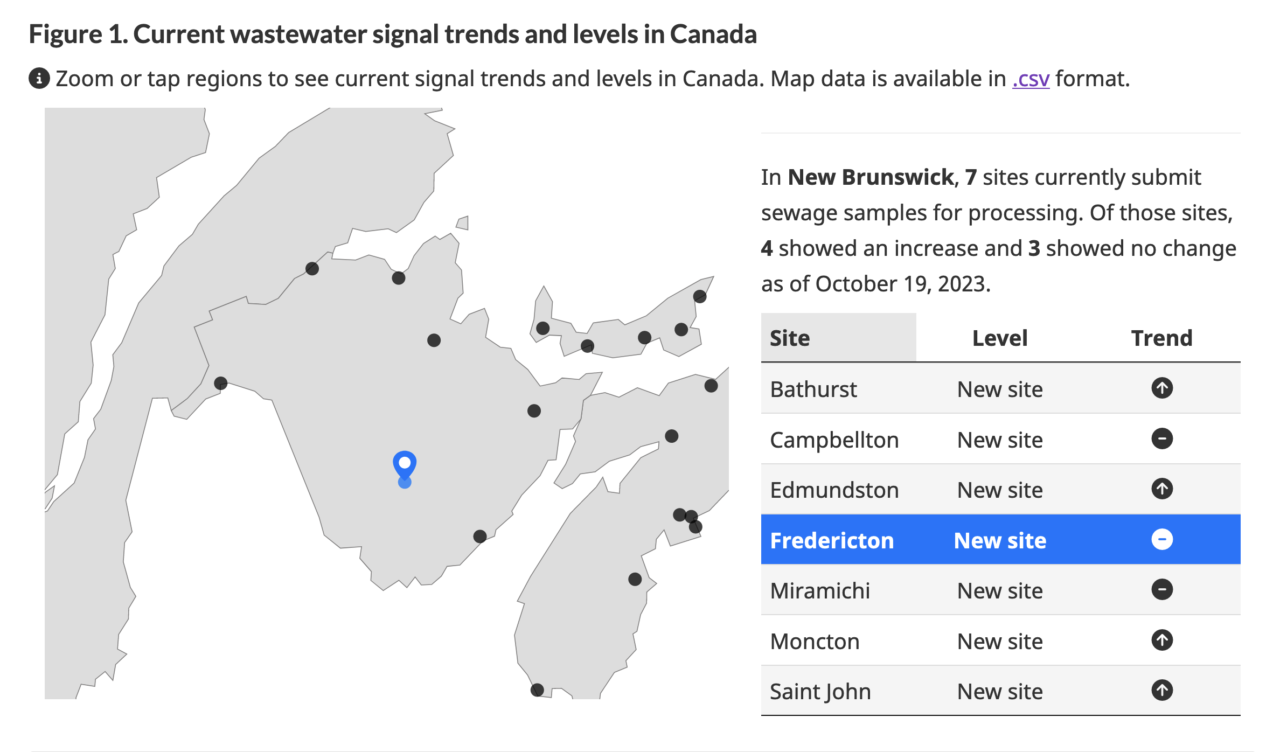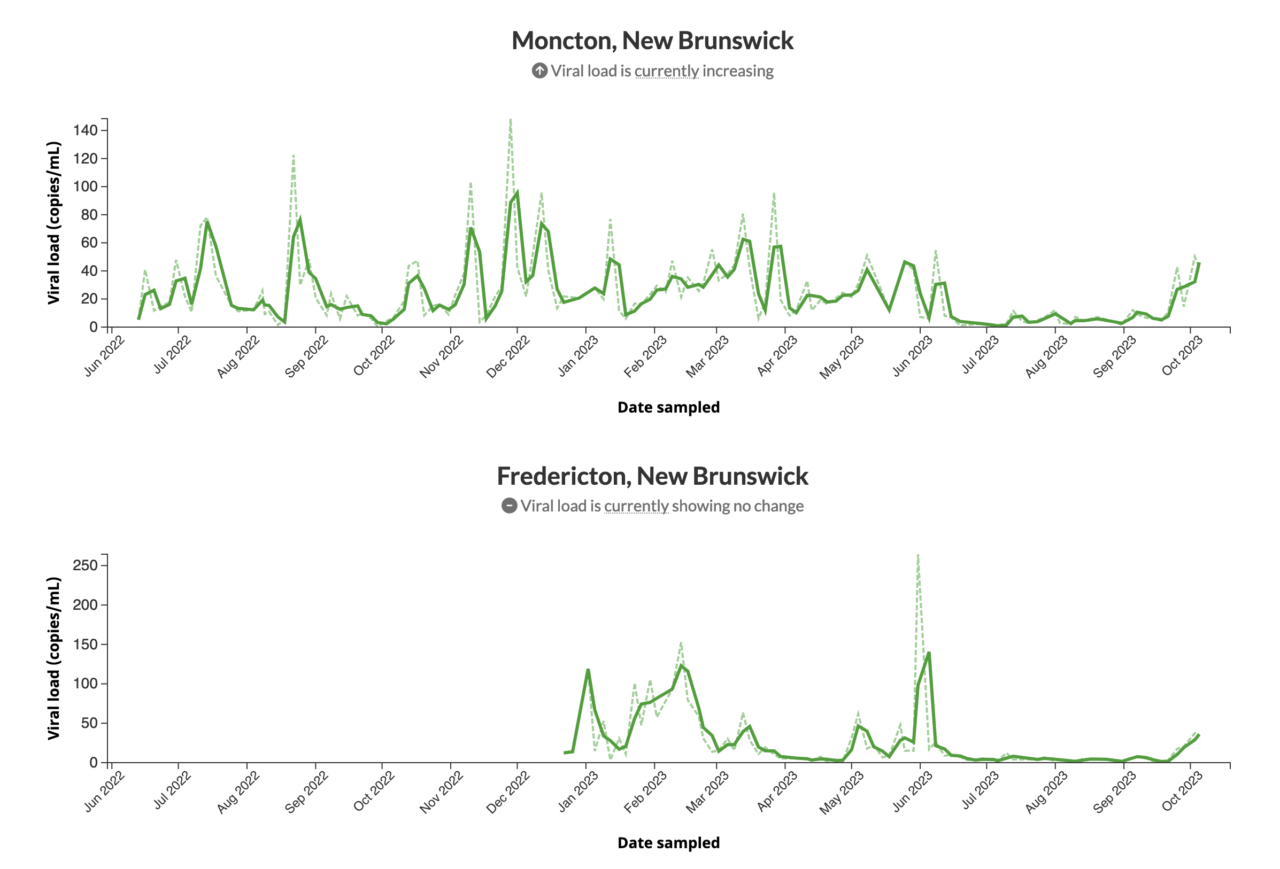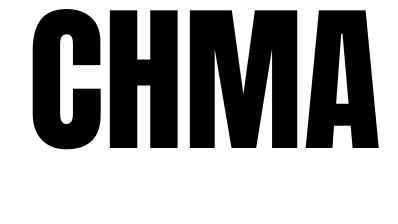Sackville may soon join the list of 62 communities in Canada who are having their wastewater tested regularly to spot trends in COVID-19. At Tantramar council committee of the whole on Monday, town engineer Jon Eppell told council about a recent offer from NB Public Health to participate in the growing surveillance program.
“This is a COVID-19 initiative that several communities across New Brunswick have been invited to participate in,” said Eppell. “We think this is a really good thing, and that after a couple of months of data collection, Sackville would appear as one of the communities on the national COVID-19 dashboard.”
Wastewater testing involves taking samples of sewage and testing for viral loads of SARS-CoV-2, the virus which causes COVID-19. Sewage surveillance has been used as an early warning system for infection levels, because COVID-19 can be detected in wastewater even before symptoms develop in people.
The city of Moncton has participated in a testing program with Dalhousie University through much of the pandemic, and has been reporting to the national dashboard since the summer of 2022. Starting at various points in 2023, results from Bathurst, Campbellton, Fredericton, Miramichi, Saint John and Edmundston are also featured on the dashboard.

Department of Health spokesperson Sean Hatchard did not answer a question about how many new sites in New Brunswick would be added along with Sackville. Hatchard says the province has received federal funding to help develop its wastewater surveillance program, and is “hopeful that Tantramar will join the program in the new year.”
Testing in Tantramar would happen at the Crescent Street lagoons, where an auto-sampler would be installed. Eppell says the automated device involves a pump to draw small amounts of sewage on set intervals. “If you want to take a sample every 15 minutes for 24 hours, you can do that,” says Eppell, allowing for samples that represent a period of time. Tantramar public works staff would then retrieve the samples twice a week, and send them to the Georges Dumont hospital in Moncton, where they are tested before being shipped to Canada’s national microbiology lab in Winnipeg.
Hatchard says that the Georges Dumont lab “now has enough capacity to conduct all of the analysis for our wastewater surveillance program and will soon no longer be sending wastewater samples to the national lab in Winnipeg for validation.”
The dashboard is updated twice per week, on Tuesdays and Fridays, and there is a significant lag in the data that appears, which Public Health Agency of Canada says is “due to the time it takes to transport and analyze samples.”
Results were last updated on dashboard on October 24, and show data from October 19 and before. The most recent data from Moncton was collected 22 days ago on October 5. Those results show viral loads on the upswing in Moncton, while levels in Fredericton remain relatively flat.

Eppell told council Monday that the province is interested in adding Sackville as a site because “we’re a provincial border town, the university and the demographic of our population.” Lagoons in Middle Sackville and Dorchester would not be included in testing. “The reason for that is we wanted to capture the maximum population and largely the university crowd,” Eppell told council.
The estimated cost for the auto-sampler is about $18,500, and would be fully funded by the provincial program. Eppell says there will be small costs for the municipality to absorb in order to collect samples. “We’re estimating that it might be as much as $75 a month,” Eppell told council.
Council is expected to approve participation in the program at its meeting on November 15.
RELATED:
